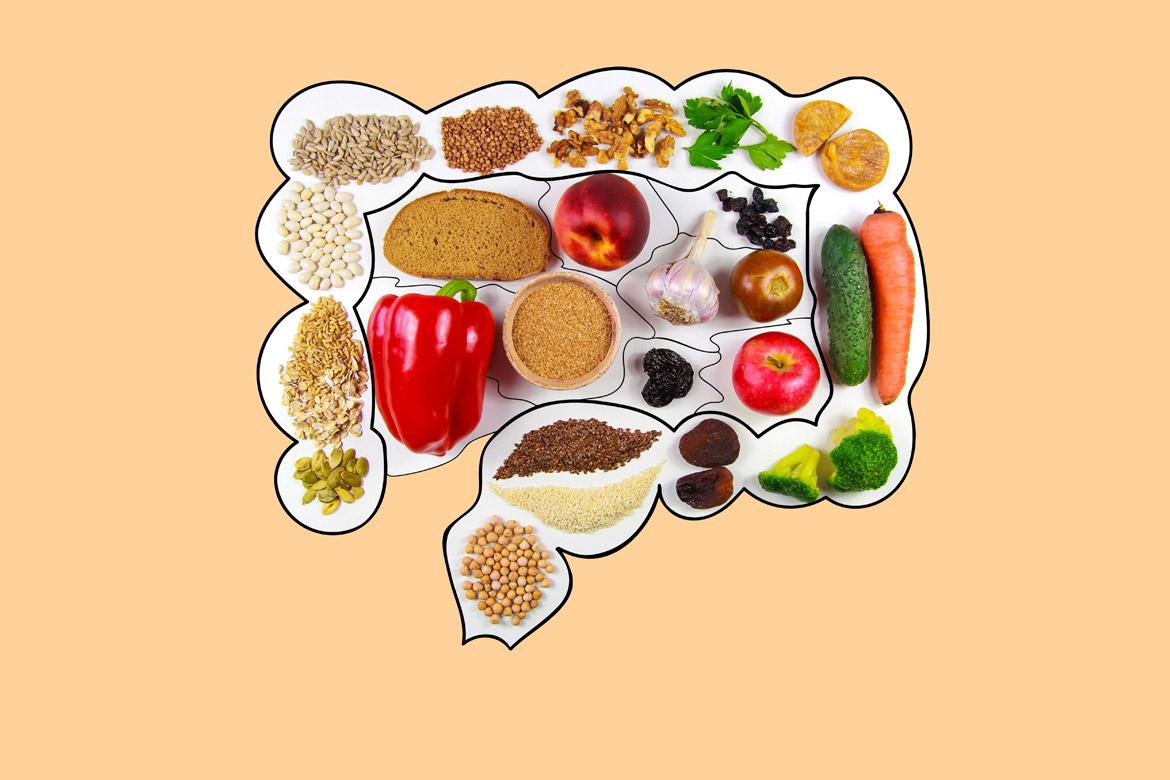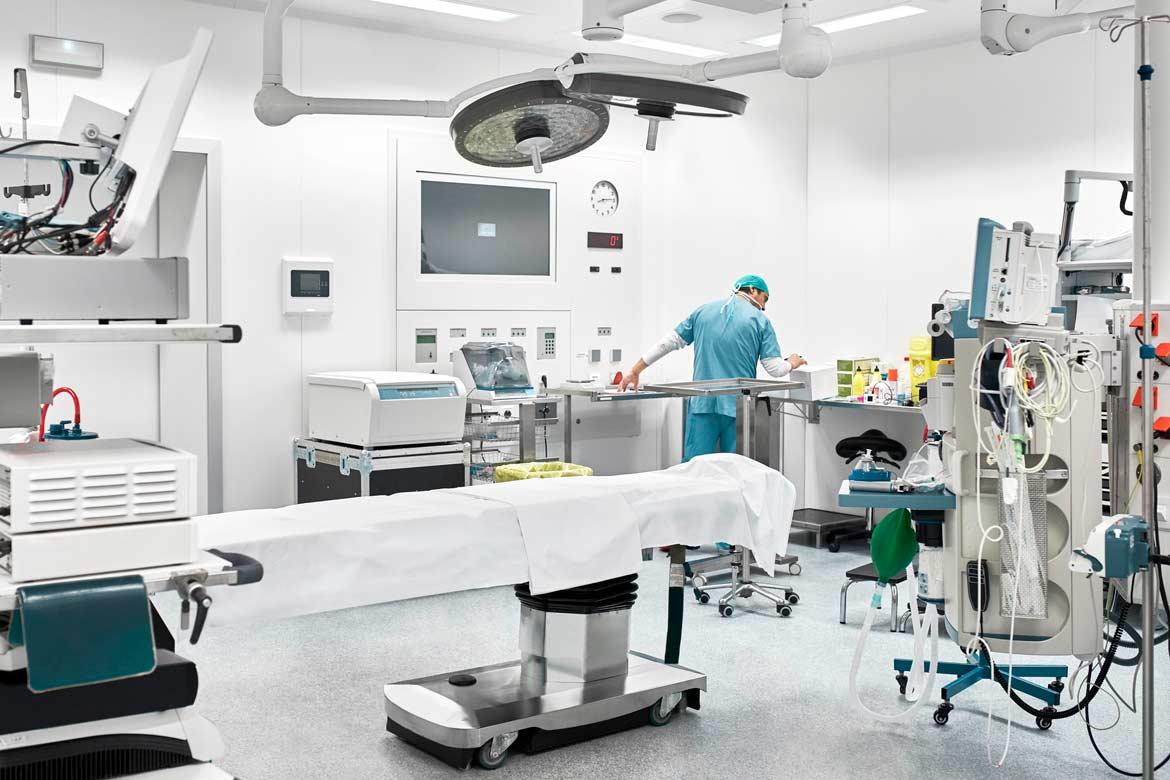
Colorectal Cancer
Frequently asked questions
A: In Stage 3 colorectal cancer, the cancer has spread beyond the bowel wall to nearby lymph nodes, but not yet to distant organs such as the liver or lungs.
Patients may have symptoms such as per rectal bleeding, change in bowel habits, unexplained weight loss, abdominal discomfort, and anaemia.
A: A computed tomography (CT) scan will be able to show a swelling in the colon and rectum if the tumour is large and more advanced. However, a colonoscopy and biopsy will still be needed to confirm the diagnosis of cancer.
A small or early colorectal cancer may not be seen on a CT scan.
A: Colorectal cancer is a disease that starts in the colon (large intestine) or the rectum. Depending on where the cancer is located, it can also be called colon cancer or rectal cancer.
A: Yes, colorectal cancer can spread to other parts of the body at advanced stages (metastasis). It usually spreads to the liver or lungs, but can also spread to other parts of the body such as the brain, abdomen lining (peritoneum), ovaries and bones.
A: If your loved one is suffering from colorectal cancer, you can help by providing physical assistance and emotional support. For example, you can help out with their daily activities, remind them to take their medications on time, accompany them to medical appointments, or offer encouragement and reassurance when they feel overwhelmed.
As a caregiver, you play an important role in supporting your loved one's ongoing treatment and ensuring they receive the follow-up care they need to recover.
A: The progression of colorectal cancer varies depending on the type of cancer cells and the patient's age and overall health condition.
Most colorectal cancers begin as precancerous polyps that gradually enlarge and turn cancerous over the course of 5 – 10 years. When they spread, it is usually through the lymph nodes and bloodstream.
A: Colorectal cancer is one of the most common cancers for both men and women and a leading cause of cancer mortality.
If colorectal cancer is diagnosed and treated early, the chance of survival is relatively high at over 90%. The later it is diagnosed, the poorer the prognosis. Thankfully, recent breakthroughs in cancer treatment have led to better survival rates even in advanced cases where the cancer has spread to other parts of the body.
A: Colorectal cancer cannot be detected by blood tests alone.
However, if colorectal cancer is suspected, you may be recommended blood tests to check your bodily functions and tumour markers. Tumour markers are used to monitor treatment response. The most common tumour marker for colorectal cancer are carcinoembryonic antigen (CEA) and CA 19-9.
A: Colorectal cancer usually does not show any symptoms in the early stages. When symptoms do appear, such as rectal bleeding and changes in bowel habits, they are persistant and may last for weeks to months.
A: Colorectal cancer is most commonly diagnosed in people above age 50.
However, recent data show an uptick of the disease in younger individuals, with a study in America showing those below age 55 being 58% more likely to be diagnosed with advanced colorectal cancer.
A: Blood in your stools can come from anywhere in the digestive tract. Bleeding from the upper digestive tract (such as the oseophagus and stomach) may make your stools appear black and tarry, whereas blood from the lower digestive tract (such as the colon and anus) may look either dark red or bright red.
A: Colorectal cancer can cause colon or rectal bleeding that worsens over time.
In the early stages, blood may be present in your stools but not visible to the naked eye. This is known as occult bleeding, and is usually diagnosed through a stool test that shows a small amount of blood in the stools and/or a blood test that shows a low red blood cell count.
A: Both haemorrhoids and cancer can cause blood in the stools. Haemorrhoids may also lead to itching in the anal area and/or a lump being felt outside the anus. In colorectal cancer, there is usually no anal itching.
Without a colonoscopy, it is not always possible to tell the difference between haemorrhoids and colorectal cancer. If you experience persistent blood in your stools, do consult your doctor for a proper diagnosis as soon as possible.
A: In most cases, colorectal cancer is due to acquired mutations that occur as you age. Only a very small portion of colorectal cancers are caused by inherited gene mutations, such as familial adenomatous polyposis (FAP), Lynch syndrome, and Peutz-Jeghers syndrome. Most of these are inherited in an autosomal dominant pattern.
A: Yes, colorectal cancer can sometimes be mistaken for diverticulitis, as they may both present with a mass in the abdomen that may be felt on palpation, and which may be seen on a CT scan.
Your doctor will perform a colonoscopy and other tests to confirm the diagnosis.
A: Colorectal cancer does not usually cause pain, unless it reaches an advanced stage where you experience frequent and persistant abdominal discomfort, such as gas pain or cramps.
Bear in mind that pain is not a good indicator of disease, so if you experience any pain or discomfort, please consult a doctor for an accurate diagnosis.
A: Around 40 – 50% of colorectal cancers can spread to the liver within a few years of the initial diagnosis.
A: No, colorectal cancer is not contagious. It occurs only if you have increased risk factors.
This coverage checker is brought to you by Health Insured, an online resource that helps you understand your health coverage in Singapore.
This page has been reviewed by our medical content reviewers.
Need help?
For enquiries, please call
+65 6250 0000 (Orchard) or +65 6898 6898 (Novena)
For appointment bookings, please WhatsApp
+65 8111 7777 (Orchard) or +65 8111 5777 (Novena)
 Brain & Spine Care
Brain & Spine Care







